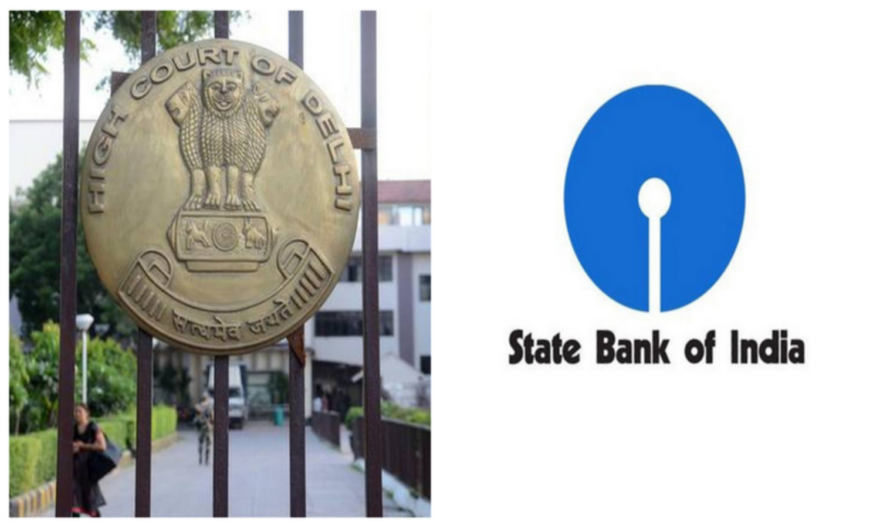
In a monumental win for nearly 1.8 crore credit card holders, the Delhi High Court recently stepped in to safeguard the IT services provided to SBI Cards and Payment Services Private Limited from potential disruption by Kony, Inc.
Justice Prathiba M Singh, in an ex-parte ad interim order on April 26, emphasized the critical nature of these services and the immense risks posed to customers should the software license be jeopardized. Consequently, the Court has barred Kony or its representatives from any actions that could disrupt credit card services reliant on the licensed software.
Court’s Protective Measures
The court emphasized the need to prevent any service disruptions to ensure minimal inconvenience to the large number of users. The Respondents are also prohibited from making any changes, such as altering passwords or software versions, that could disrupt the Petitioner’s services or affect its users.
Crucial Stipulations
The court stipulated that the order would be contingent upon SBI Cards and Payment Services Private Limited depositing ₹55 lakh with the Registrar General of the High Court. SBI Cards and Payment Services Private Limited had filed a petition in the High Court against four interconnected entities.
The Argument Unveiled
– The petitioner entered into an agreement with Kony, Inc. in 2014 for the development of a Mobile Application Development Platform (MADP).
– This platform facilitated the creation of client-facing applications for mobile and similar devices targeting business-to-consumer users.
– Negotiations for the renewal of the license began before the agreement’s expiry in 2023.
– A contract was purportedly agreed upon by both parties.
– However, in October 2023, the commercial proposal underwent changes, leading to a lack of consensus between the parties.
– SBI informed the Court that the new proposal significantly deviated from the initially agreed terms, imposing a much higher financial burden.
The Review
Upon reviewing the case, the Court emphasized the critical importance of interim protective measures due to the sensitive nature of providing financial services. It stressed that any disruption in software licensing or operational access could significantly impact the functionality of mobile banking applications essential for credit card services.
Given the sensitivity of these services, interruptions could jeopardize customer data security, transaction processing, and overall service continuity, potentially resulting in financial losses and undermining consumer trust.
Hence, interim protective measures are vital to ensure the seamless operation of credit card-related software, maintaining uninterrupted service delivery, customer satisfaction, and compliance with financial regulations. Consequently, the Court issued an ex-parte order and scheduled further consideration of the case for May 22.
Read More: Supreme Court, Delhi High Court, States High Court, Other Courts, International




